 |
| Yael Dayan |
Moshe Dayan’s multi-talented daughter, Yael–the author of seven books (including five novels), editor of one, former Labor Member of Knesset for over ten years, a one-time deputy mayor of Tel Aviv and currently chair of the city council of Tel Aviv (the latter two as a member of Meretz)–appeared in Manhattan on June 3rd, at an event organized by B’Tselem USA, the US office of the Israeli NGO working for human rights in the occupied territories, and co-sponsored by Partners and Americans for Peace Now. I remember Uri Zaki, B’Tselem USA’s director, from his days as head of the youth section of Israel’s Meretz party.
Prior to listening to the great singer/activist David Broza perform and Ms. Dayan speak, I was approached by a young publicist on whether I’d write about the event. She mentioned coverage in connection with “the anniversary,” but I had to be reminded that June 5th marked 45 years since the beginning of the Six Day War; she referred to it as the beginning of “the occupation.” I don’t disagree, but while I look upon the resulting occupation as a great misfortune for both Palestinians and Israelis, I know that the military victory was absolutely necessary (a subject I will return to shortly).
 |
|
| Uri Zaki looks on as Dayan speaks (photo by Tamar Latzman). |
Yael Dayan regards all of Israel’s wars following the Yom Kippur War of 1973 (launched by Egypt and Syria to reverse Israel’s victory in ’67) as “choice wars” rather than defensive. She spoke in a casual, witty and knowledgeable way on the dangers to Israel’s democratic and Jewish character in the situation today, with the current ascendency of intolerant nationalist and ultra-religious forces. And she advised liberal American Jews to stand up for what they believe: “Don’t let Israel stand between you and your sense of right and wrong.”
She mused on the euphoria following Israel’s great victory in ’67, when most Israelis felt that they finally held territorial assets they could trade for peace. During the Q & A, I was delighted to be able to ask her about an aspect of history, which she knows directly through her famous father, the iconic Israeli general and politician with an eye patch (he had lost an eye on a mission in Syria during World War II).
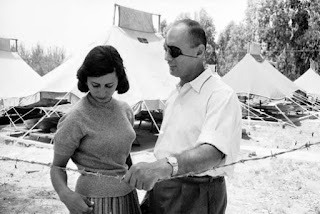 |
| Yael Dayan with Moshe Dayan |
Specifically, I asked what she knew of the extensive friendly contacts between Jordan’s King Hussein and Israel when her father was Golda Meir’s “right hand” and why Hussein’s offer of a peace treaty in the early ’70s hadn’t borne fruit. Her response had to do with the growing reality of Palestinian peoplehood; she indicated that Hussein withdrew himself at a certain point from any effort to reestablish the West Bank as part of Jordan. Moreover, she recalled an effort by her father to reach out through a Palestinian intermediary to Yasir Arafat, for some sort of Israeli-PLO deal, prior to the election of Menachem Begin and the Likud in 1977. Years later, she heard from Arafat directly that he had not responded because he had thought that Dayan’s invitation was a ruse meant to capture him.
Audience questions were asked serially in bunches. I can’t say if she inadvertently skipped over a combative question from someone who contended that it’s a myth that the Six Day War was defensive. My answer would be that while it’s true that Israel’s government decided to attack Arab forces that fateful day 45 years ago, this was clearly defensive for a number of compelling reasons: Egypt’s expulsion of UN peacekeepers, its aggressive deployment of a large army along the border, its blockade of Israel’s port of Eilat, the televised mass hysteria of Egyptian mobs calling for war, and Egypt’s new anti-Israel alliance with Jordan.
Ms. Dayan mentioned that her father had called King Hussein on the eve of the war, assuring him that if Jordan held its fire, Israel would as well. King Hussein’s forces did attack, however, believing Egyptian Pres. Nasser’s lie that the war was going well on the Sinai front; Hussein came soon to regret this as the greatest mistake he had ever made.
 |
| King Hussein & Pres. Nasser signing treaty of alliance. |
A British website recapitulates events leading up to and including the Six Day War. This is its entry on what precipitated Israel’s conquest of the West Bank:
War broke out on 5 June when Israel responded to the Egyptian military build-up by launching a surprise attack on Egypt’s air force, destroying most of it on the ground within a matter of hours.
That same morning, Israel sent a message to Jordan’s leader King Hussein via the US State Department, the UN and the British Foreign Office, saying that, despite the outbreak of war, it would not attack the West Bank if Jordan maintained quiet on that front.
Jordan ignored Israel’s appeal to avoid conflict.
That morning, King Hussein received false information from Egypt denying Egyptian losses and claiming a massive and successful Egyptian attack against Israel. Emboldened by this information, Jordan launched immediate multiple attacks on Israel:
- civilian suburbs of Tel-Aviv were shelled by artillery;
- Israel’s largest military airfield, Ramat David, was shelled;
- Jordanian warplanes attacked the central Israeli towns of Netanya and Kfar Sava;
- thousands of mortar shells rained down on West Jerusalem hitting civilian locations indiscriminately, including the Hadassah Hospital and the Mount Zion Church;
- Israel’s parliament building (the Knesset) and the Prime Minister’s office, each in Israeli-controlled West Jerusalem, were targeted;
- 20 Israelis died in these attacks; 1000 were wounded. 900 buildings in West Jerusalem were damaged.
- “Jerusalem is totally engulfed in war…” reported the British Consul-General that morning.
- All this happened before Israel reacted militarily against Jordan, or moved at all into the West Bank.

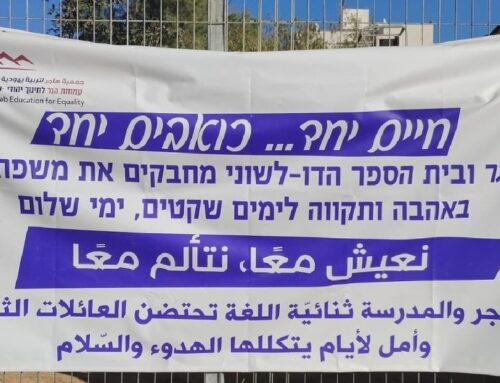

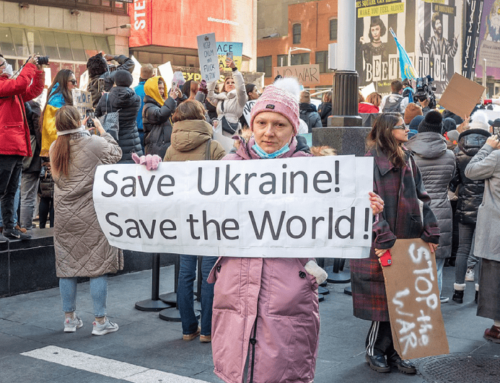
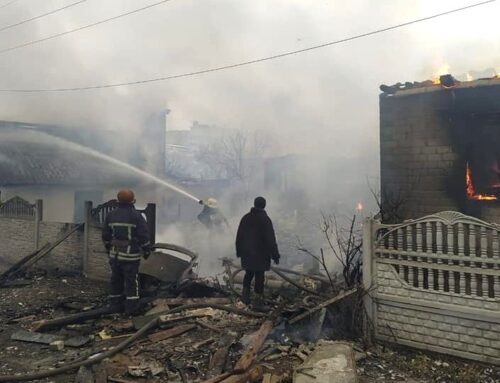
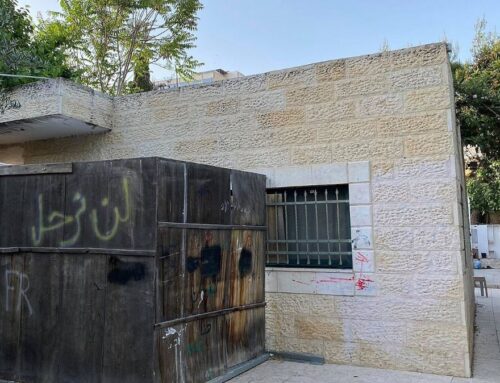
Leave A Comment